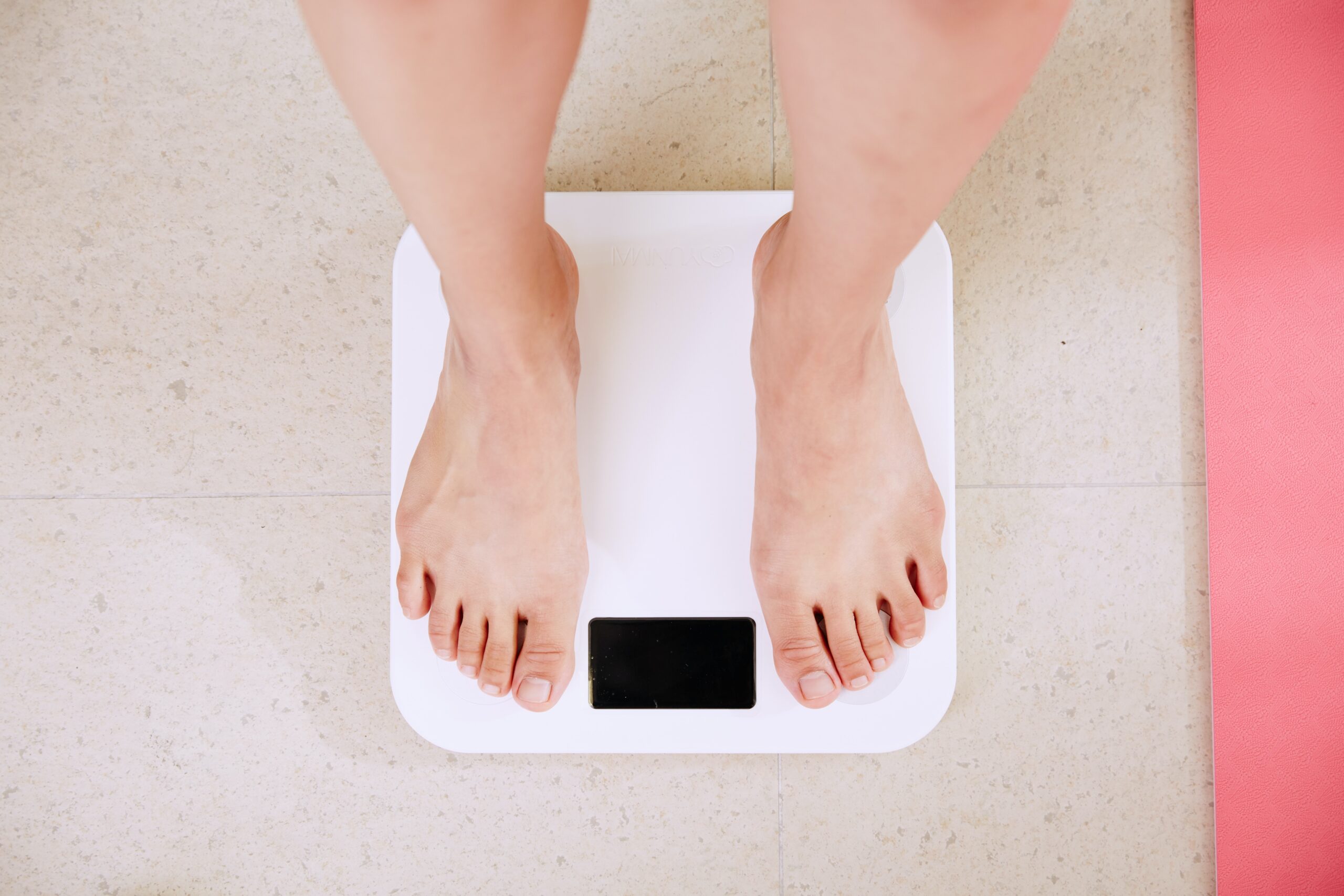The Benefits and Considerations of a Weight Loss Diet
Weight loss is a common goal for many individuals, whether it’s to improve health, boost self-confidence, or simply feel better in their own skin. While there are various approaches to shedding extra pounds, a weight loss diet is often the go-to method for many. In this article, we will explore the benefits of a weight loss diet, provide a sample food plan, and discuss the positive and negative impacts it can have on your overall health.
The Benefits of a Weight Loss Diet
1. Improved Health: Losing excess weight can have a significant impact on your overall health. It can reduce the risk of chronic diseases such as heart disease, diabetes, and certain types of cancer. Weight loss can also lower blood pressure and cholesterol levels, improving cardiovascular health.
2. Increased Energy Levels: Carrying excess weight can make you feel sluggish and tired. By following a weight loss diet and shedding those extra pounds, you may experience increased energy levels and improved productivity throughout the day.
3. Boosted Self-Confidence: Achieving weight loss goals can boost self-esteem and improve body image. Feeling more confident in your appearance can have a positive impact on various aspects of life, including relationships and career.
4. Enhanced Mental Well-being: Losing weight can have positive effects on mental health. Regular exercise and a healthy diet can release endorphins, which are known as “feel-good” hormones. This can help reduce stress, anxiety, and symptoms of depression.
A Sample Weight Loss Food Plan
When it comes to a weight loss diet, it’s essential to focus on nourishing your body with nutrient-dense foods while creating a calorie deficit. Here’s a sample food plan to help you get started:
Breakfast: Start your day with a protein-rich meal such as scrambled eggs with vegetables or Greek yogurt topped with berries and nuts.
Lunch: Opt for a balanced lunch with lean protein, whole grains, and plenty of vegetables. For example, grilled chicken breast with quinoa and a side salad.
Snack: Choose a healthy snack to keep you satisfied between meals. Some options include a handful of almonds, carrot sticks with hummus, or a piece of fruit.
Dinner: Enjoy a light but filling dinner, such as grilled fish with steamed vegetables and a small portion of brown rice or quinoa.
Remember to drink plenty of water throughout the day and listen to your body’s hunger and fullness cues. It’s important to consult with a healthcare professional or registered dietitian before starting any weight loss diet to ensure it aligns with your individual needs and health goals.
The Positive and Negative Impacts of Weight Loss
While weight loss can have numerous benefits, it’s essential to consider both the positive and negative impacts it can have on your health:
Positive Impacts:
- Reduced risk of chronic diseases
- Improved cardiovascular health
- Increased energy levels
- Boosted self-confidence
- Enhanced mental well-being
Negative Impacts:
- Potential muscle loss if not combined with strength training
- Increased risk of nutrient deficiencies if not following a balanced diet
- Possible negative impact on metabolism if weight loss is too rapid
- Emotional challenges and stress associated with restrictive eating
- Potential weight regain if healthy habits are not maintained
It’s important to approach weight loss in a balanced and sustainable way. Focus on making long-term lifestyle changes rather than quick fixes, and always prioritize your overall well-being.
In conclusion, a weight loss diet can offer numerous health benefits, including improved physical and mental well-being. However, it’s crucial to approach weight loss with caution and consider the potential negative impacts it can have. Consult with a healthcare professional or registered dietitian to create a personalized weight loss plan that suits your individual needs and goals.









